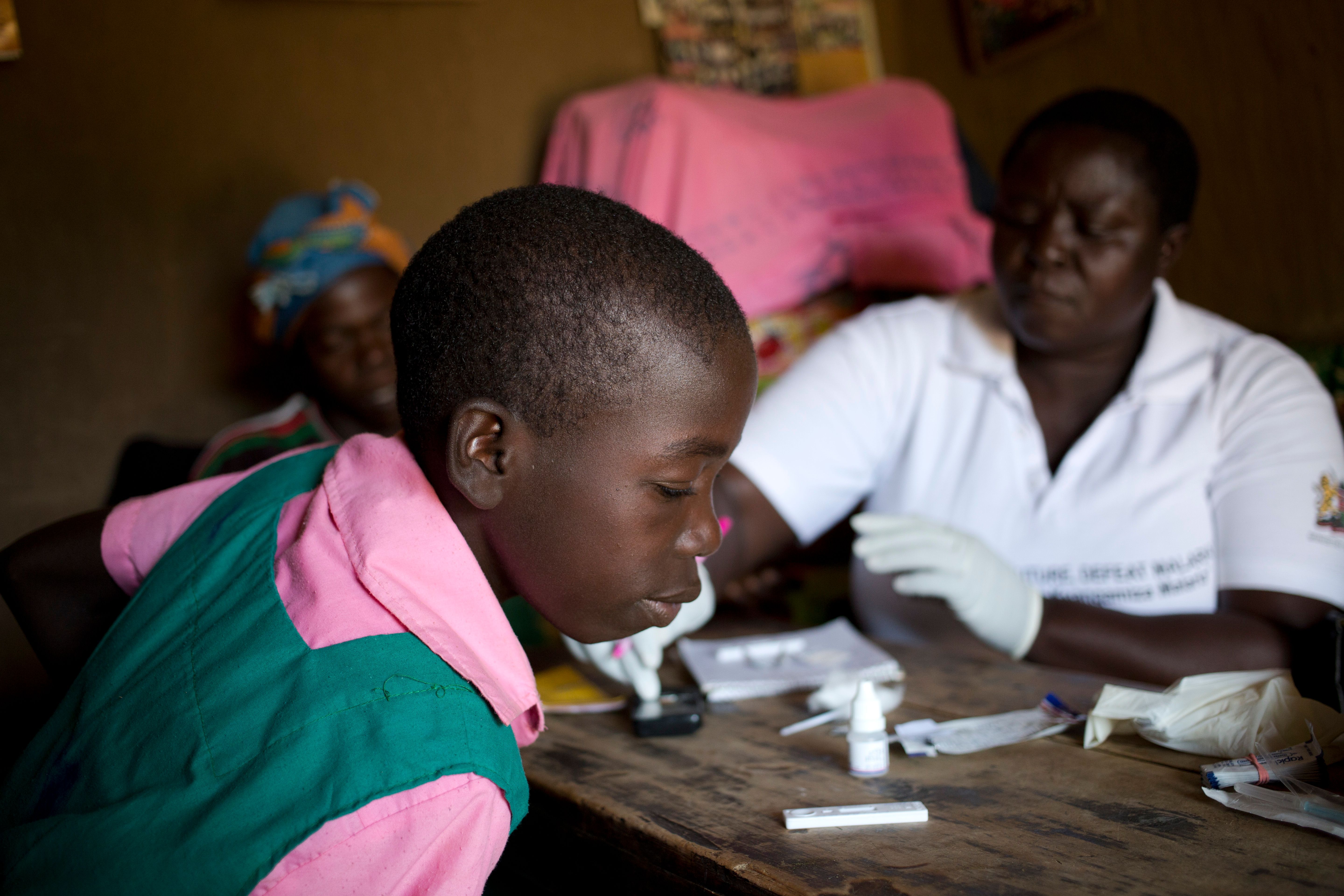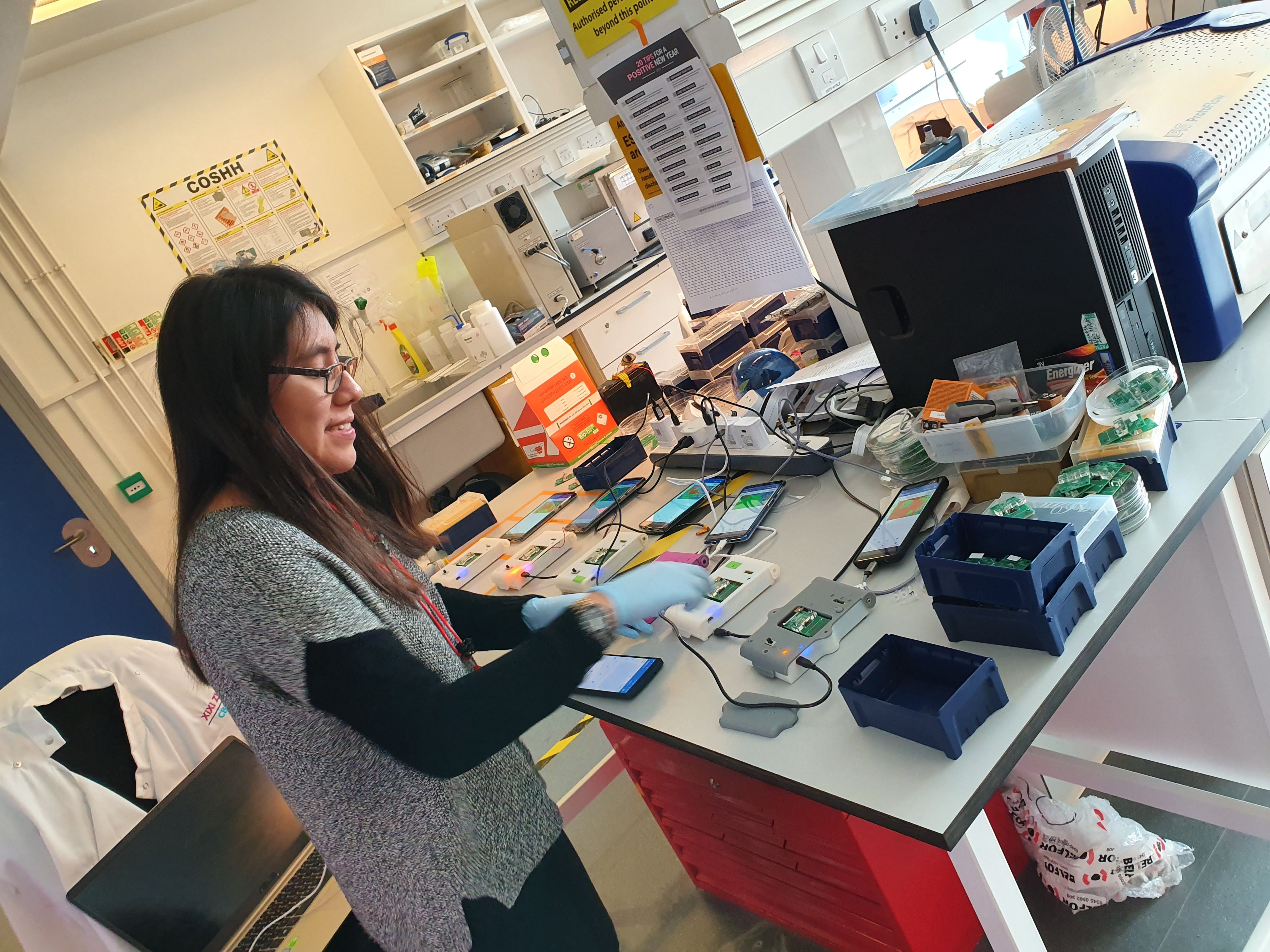Getting testing to the most vulnerable

Testing
If there is one thing the COVID-19 pandemic has highlighted it is the importance of is testing to protect us from deadly diseases, both personally and for our collective health security.
New, intelligent diagnostics which integrate with health systems management and detect parasites evading conventional tests are essential both now and in the future. A team at Imperial College London is addressing all these needs at once, developing a smart molecular diagnostics device that brings the lab directly to the patient.

This smart, portable, handheld diagnostic computer can test for malaria and other diseases right where the care is needed, helping people receive and accurate diagnosis and get the correct treatment for their illness. The device uses bluetooth to transmit results to a mobile phone and can report results to a centralised system in real-time to help make more effective public health decisions. Deployed at scale these small devices, could be transformative for the most remote and low-resourced communities, where access to healthcare is challenging.
Malaria overwhelms health systems so that other diseases that might be emerging would be missed. When thinking about global health security, if we can reduce the burden of malaria, we will strengthen the surveillance of new, emerging infections.